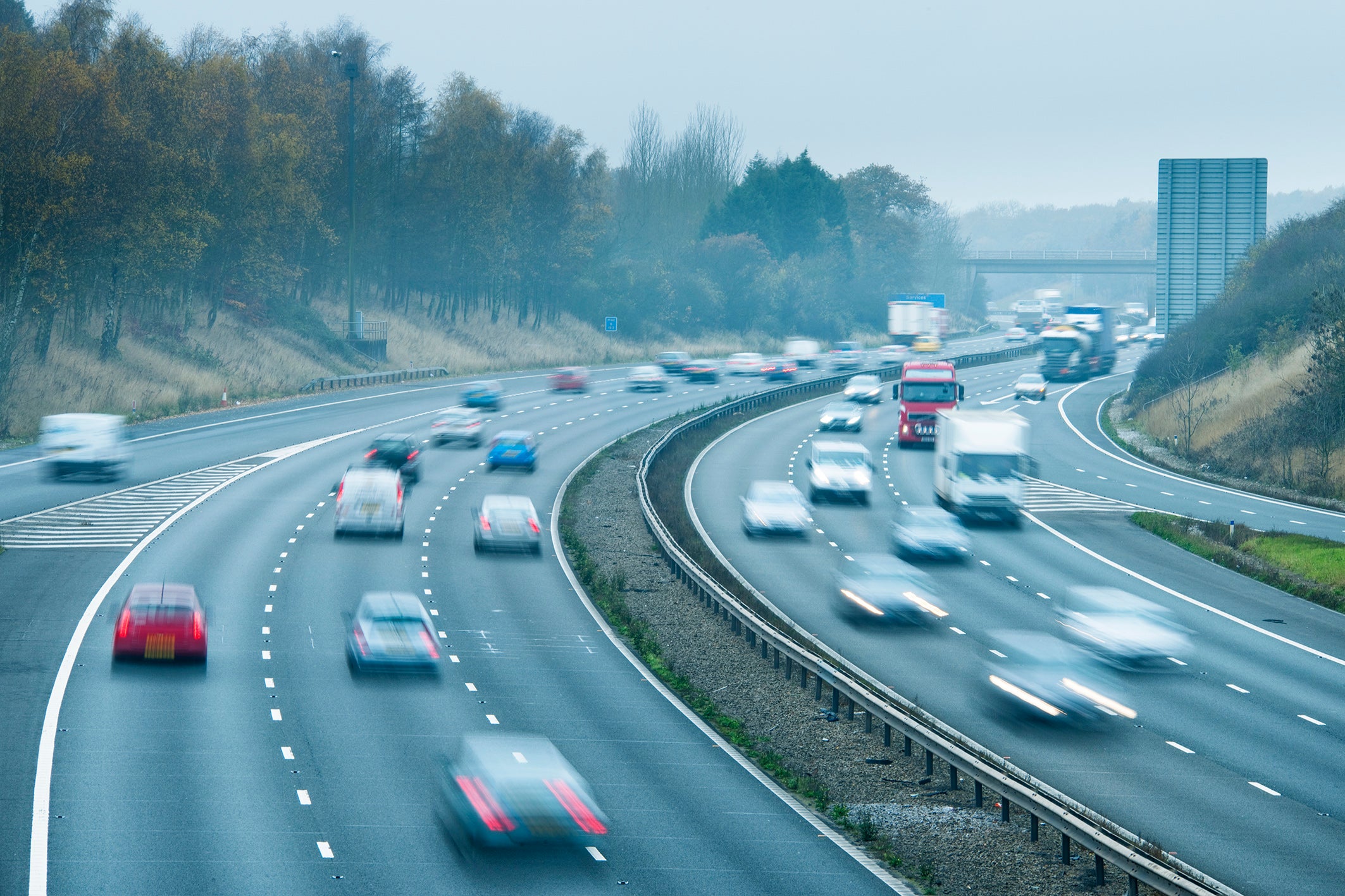The damaging impact of traffic on our health
The diesel emissions scandal has shone a welcome light upon the damaging impact of traffic on our health

Your support helps us to tell the story
From reproductive rights to climate change to Big Tech, The Independent is on the ground when the story is developing. Whether it's investigating the financials of Elon Musk's pro-Trump PAC or producing our latest documentary, 'The A Word', which shines a light on the American women fighting for reproductive rights, we know how important it is to parse out the facts from the messaging.
At such a critical moment in US history, we need reporters on the ground. Your donation allows us to keep sending journalists to speak to both sides of the story.
The Independent is trusted by Americans across the entire political spectrum. And unlike many other quality news outlets, we choose not to lock Americans out of our reporting and analysis with paywalls. We believe quality journalism should be available to everyone, paid for by those who can afford it.
Your support makes all the difference.The diesel emissions scandal may have major legal and financial implications for the world’s motor manufacturers. But for experts like Dr Jo Barnes, Research Fellow at the University of the West of England’s Air Quality Management Resource Centre, it has shone a welcome light upon the damaging impact of traffic on our health
Despite undertakings at UK government level to significantly reduce air pollution in our cities, key indicators such as nitrogen dioxide (NO2) remain stubbornly high. Now the UK faces the prospect of fines by the European Commission for these breaches - fines which may well be passed down to local authorities.
Dr Barnes and the team at University of the West of England (UWE Bristol) advise policy-makers on how to achieve cleaner air. In her words: “Local authorities are currently between a rock and a hard place, shouldering responsibility with no real powers to make it happen.

“Yes, traffic figures have grown, although there are signs that we may have reached ‘peak traffic’. More significant is the fact that roadside emissions of diesel vehicles are on average five times those produced in the type approval tests.”
The primary concern for those working towards tighter controls on emission standards is the damage being caused to the nation’s health.
“An estimated 52,500 people die prematurely each year in the UK because of air pollution,” says Dr Barnes, “primarily caused by diesel vehicles; that’s more than from obesity, alcoholism and road deaths combined.
Many more people have their breathing and life quality directly affected. Ironically, these will not necessarily be drivers themselves, but those living close to roads – often the poorer members of society. Crucially it’s the impact on our children’s health that is most concerning as they will carry the effects all their lives.”
This, maintains Dr Barnes, is the real story around diesel emissions that the media should focus on, rather than the business angle currently dominating headlines.
The challenge, she says, is for the government to join the dots. “The Department of Health bears the health cost, but has no power to act. Defra [Department for Environment, Food and Rural Affairs] has overall responsibility but no resources to deal with it. The Department for Transport trusts the emission figures given to it by the car manufacturers – the results of unrealistic EU tests.
“Then we have the risk of substantial fines from Europe – partly because of Defra’s over-reliance on improving vehicle technologies and flawed emissions data. We also have a perverse situation where our own government has implemented tax incentives for people to drive diesel vehicles in pursuit of climate change targets but at the expense of public health.
“Implementing new technologies has not always helped either: introducing particulate filters, for instance, has actually increased NO2 emissions.”
“Ultimately, there’s a strong argument that the polluter should pay, but will the government be keen to hit motor manufacturers who play a key role in our economy?”
The long-term answer, maintains Dr Barnes, is a shift away from fossil-fuelled vehicles and towards sustainable modes of transport. Short term, if we are serious about the health of our citizens, we may have to turn to radical measures such as shutting city centres to traffic for periods of time.
“Either way, we simply can’t go on as we are, unless we are seriously saying that 52,500 deaths a year is a price worth paying.”
This content was written and controlled by the University of the West of England
Join our commenting forum
Join thought-provoking conversations, follow other Independent readers and see their replies
Comments